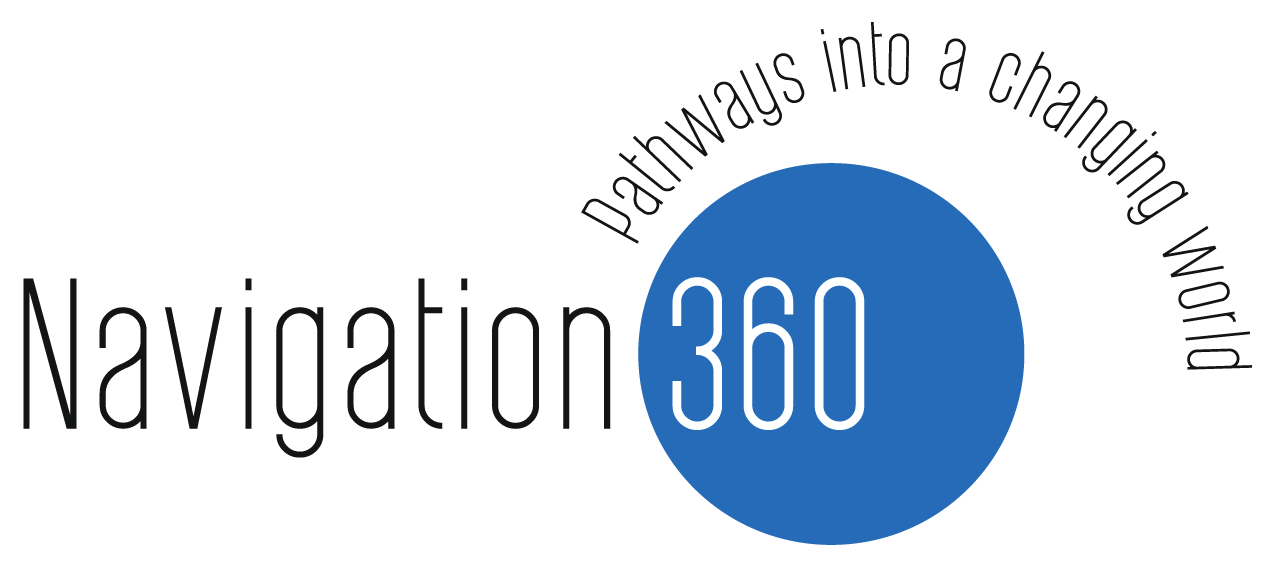I. The What: Programming and Research
Analysis
Of contexts, drivers of conflict and capacities for peace & what must be learned from what has been tried.
Design
Of intervention strategies, often as multi-stakeholder processes requiring flexible and adaptive management.
Assessment
Developing frameworks for the effective assessment of concept notes and programme proposals.
Monitoring, reflective practice & periodic reviews
Learning-in-action for quick feedback and adaptive or responsive action; with conflict sensitivity.
Evaluation
Of the relevance and fit of strategies or particular actions-in-context, of their effectiveness and outcomes, of the quality of relationship between collaborating entities. As a utilisation and learning-oriented exercise.
Research and research coordination
With an orientation towards participatory research & action research.
II. The How: Individual, Team, Organisational Development
Training
Design & develop and (co-) deliver an entire training or contribute to yours with particular sessions.
On different thematic aspects of conflict reduction and peace work, and governance improvement.
Based on adult learning principles
Mentoring and coaching
Mentoring is on-the-job accompaniment, of individuals or teams, to guide and support their learning-by-doing. More effective but more time consuming than a training session.
Unlike mentors, coaches do not provide guidance and do not demonstrate how something can be done. They believe that the answers are within individuals or teams and help them discover those by asking questions and creating the space for their discovery and decision.
Learning events & opportunities
Learning events can be in other formats than ‘training’ – the most common being the ‘workshop’. But many events or tasks (participatory analysis, reviews, evaluations, partnership discussions etc.) can and should be turned into learning opportunities.
Organisational development support and advice
The overall performance of individuals and teams is dependent not just on their ‘capacities’ but on the wider organisational ‘atmosphere’ or ‘culture’ and strategic management in a rapidly changing world. I can support you with
- The design and facilitation of strategic analysis & planning processes and their consolidation in communication products
- The development of an active learning culture that goes beyond ‘knowledge management’, or with the consolidation and communication of particular areas of thematic and comparative learning
- Human resource development: cross-sectional communication and collaboration, effective teams, an enabling and motivating atmosphere and culture, positive leadership.
III. The How: Enabling Collaborative Action
Design, management and /or facilitation of multi-stakeholder processes
This may involve related but also slightly different roles, such as ‘connector’, ‘process facilitator’, ‘reviewer’ or ‘evaluator’ of MSP processes.
Third Party event facilitation
The role of a facilitator is to help a ‘group’ advance on what it wants to achieve – without making the group permanently dependent on the external facilitation.
Third Party partnership brokering
Partnership brokers help different organised interest groups, from within the same sector or across sectors, to explore and decide whether they can work together more as ‘partners’ rather than in purely contractual relationships.
They can also accompany the partnership through its life cycle, particularly at important moments e.g. when new entities join the partnerships or original ones leave, when a certain level of frustration arises or when the partnership has fairly successfully achieved what it set out to do.
Networks, coalitions, coordinating bodies
Review or evaluation of their functioning, governance, perceived effectiveness

